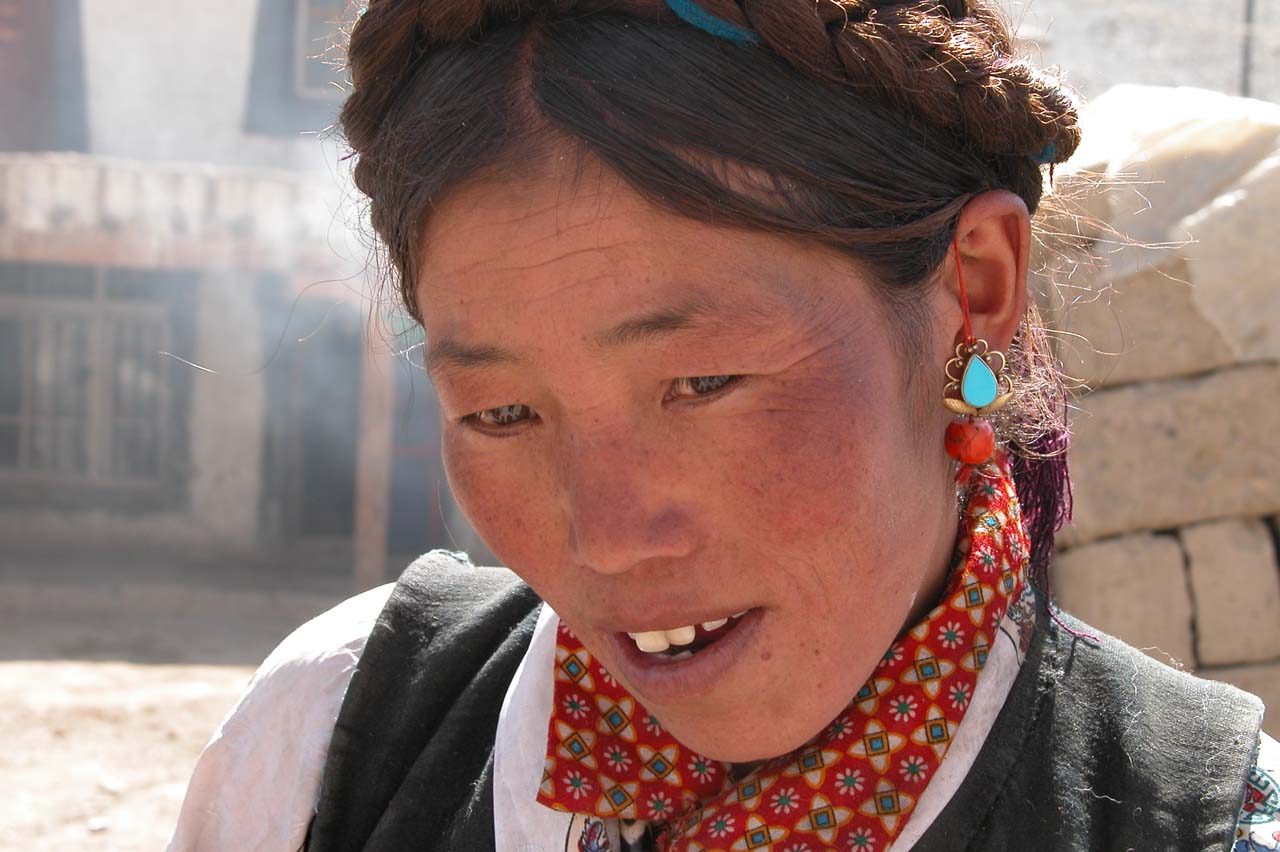Tibet - Chinese shame
Facts about China presents Tibet - Chinese shame
'Tibet is a human rights issue as well as a civil and political rights issue. But there's something else too - Tibet has a precious culture based on principles of wisdom and compassion. This culture addresses what we lack in the world today; a very real sense of inter-connectedness. We need to protect it for the Tibetan people, but also for ourselves and our children.'
Richard Gere, Chairman of the Board of the International Campaign for Tibet said

For centuries Tibet, a vast high altitude plateau between China and India, remained remote from the rest of the world with a widely dispersed population of nomads, farmers, monks and traders. Tibet had its own national flag, its own currencny a distinct culture and religion, and controlled its own affairs. In 1949, following the foundation of the Chinese Communist state, the People's Liberation Army invaded Tibet and soon overpowered its poorly equipped army and guerilla resistance.
Tibet is important to China for strategic and economic reasons and because of the Communist Party's imperialist ambitions. In China today, it is a serious offence to say that Tibet is separate from China.
In March 1959, Tibetans rose up against the Chinese occupiers. The uprising was brutally crushed and the Tibetan leader, His Holiness the XIV Dalai Lama, escaped to India, followed by more than 80,000 Tibetans. Tens of thousands of Tibetans who remained were killed or imprisoned. Untold numbers, but at least hundreds of thousands, of Tibetans have died as a direct result of China's policies since 1949 - through starvation, torture and execution.
Tibet is important to China for strategic and economic reasons and because of the Communist Party's imperialist ambitions. In China today, it is a serious offence to say that Tibet is separate from China.
In March 1959, Tibetans rose up against the Chinese occupiers. The uprising was brutally crushed and the Tibetan leader, His Holiness the XIV Dalai Lama, escaped to India, followed by more than 80,000 Tibetans. Tens of thousands of Tibetans who remained were killed or imprisoned. Untold numbers, but at least hundreds of thousands, of Tibetans have died as a direct result of China's policies since 1949 - through starvation, torture and execution.
More facts about China soon